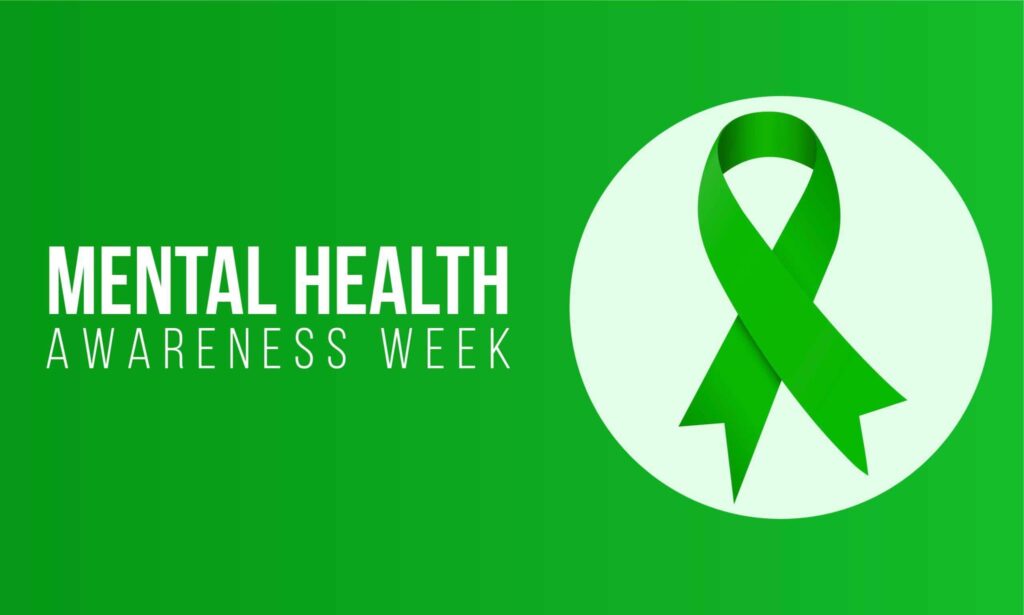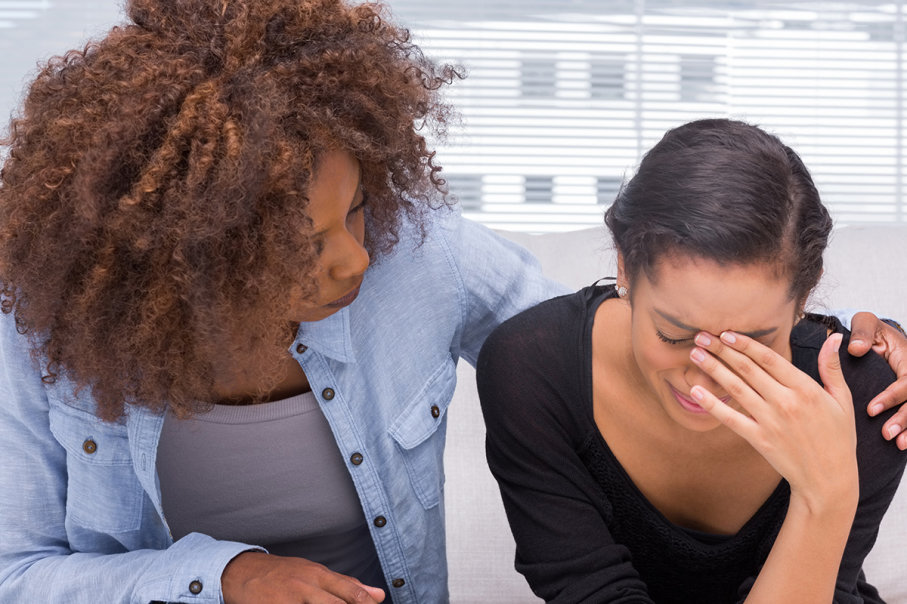15 – 21 May 2023 marks Mental Health Awareness Week in the UK and the theme for this year is anxiety.
Anxiety is a normal emotion for all of us. But, for many, it can get out of control and become a significant mental health problem. We all feel anxious from time to time. Anxiety is a natural response to the uncertain world around us. For example, in the current cost-of-living crisis, more than a third of adults feel anxious about their financial situation. But it’s important that we recognise and respond when we feel anxious, so that our anxiety doesn’t become overwhelming.
This week, NRTC would like for our readers and social media community to reflect on the past year. Particularly on how it may have impacted on your mental health. This week provides an opportunity to reflect and talk openly about mental health in general; and the struggles you may be facing.

Stigma in the Black Community
Unfortunately, there is still a stigma in the Black community against speaking about mental health. It is important to overcome this stigma, in order to access appropriate treatment and services.
You May Also Like:
- Gunmen invade Ondo church, kidnap six worshippers
- JUST IN: DSS captures sixth Owo Church attacker after four years on the run
- 7 notable female role models from Oyo State
- Nigerian faces trial in US over alleged sextortion, death of American
- NELFUND denies student loan diversion at University of Abuja
Mental Health Data
- The Adult Psychiatric Morbidity Survey (APMS) found that Black men were more likely than their White counterparts to experience a psychotic disorder in the last year.
- In Black Caribbean groups, the risk of psychosis is estimated to be nearly seven times higher than in the White population.
- The impact of the higher rates of mental illness is that people from these groups are more likely than average to encounter mental health services.
- Detention rates under the Mental Health Act during 2017/18 were four times higher for people in the ‘Black’ or ‘Black British’ group than those in the ‘White’ group.
- The Count Me in Census, which collects information on inpatient care, found higher than average admission and detention rates for Black groups in every year since 2006 to 2010.
- Black men were reported to have the highest rates of drug use and drug dependency than other groups.
- Whilst the White Caucasian population experienced the highest rates for suicidal thoughts, suicide rates are higher among young men of Black African, Black Caribbean origin, and among middle aged Black African, Black Caribbean and South Asian women than among their White British counterparts.
[Data from Mental Health Organisation UK]
Mental health and well being, particularly in the workplace, is a subject close to my heart. I have championed and advocated for awareness throughout my corporate career.
Finding the Balance
I’m a strong believer in finding the appropriate work life balance. In order to balance my working life and family life, I work flexibly. Even before working from home became the norm for most of us, my normal working pattern was to work 50% of the week in the office and 50% at home.

Since becoming a mum, I’ve been fortunate to be able to negotiate, having one working day off in the week. This one day, ultimately became ‘my day’ to do whatever I pleased! Whether it was bonding time with the family, going to the gym, meeting with friends over coffee, going to the salon and of course writing! It was essentially my day and time out from the pressures of modern life.

I also strongly believe in creating your own space. Modern life can be extremely fast paced and in this social media age, with lots of information to process, one can feel overwhelmed.
I’ve always aimed to create a demarcation between ‘my space’ and every other facet of my life. I strongly believe it’s important for individuals to reconnect with themselves and re-discover their innate passions and interests.
The Effects of Social Media

I believe social media has it benefits, especially for reconnecting with friends and distant relatives, or promoting a business or brand.
However, it can have harmful effects on one’s mental health. This is due to the pressure to create the perfect life; and the obsession with likes and followers. It must be said, that your social media page reflects just a small fraction of your life.
Read Also: 20 Best Dressed Stars at the 2023 Oscars
Social media is another image of ourselves we present to the world. You are most likely to post the positive aspects of your life, as opposed to the day to day realities and challenges. Therefore, it is disingenuous to believe everything you read or see on social media.
Unfortunately, many people do believe the hype. This leads to an unhealthy cycle of comparing or imitating one’s life to another.
Personally, I have tended to take social media breaks. I deactivate for months on end when I need to decompress and connect with what is important to me.
Being away from social media, allows me to be fully connected to myself, without distraction. In this space, I do whatever makes me happy.
This can vary from writing, reading, dancing to Afro Beats, or listening to my favourite gospel songs, whilst singing at the top of my voice! I feel at my closest to God when I do the things that make me happy!

At the heart of it all, your well-being and mental health is crucial for a well-balanced and healthy life. So do check on loved ones, do help those in need and be kind to yourself and remember “its ok to not be ok”.
Vivian Adeyemo is a freelance contributory writer for NRTC. She is based in the United Kingdom and has over twenty years experience in corporate leadership roles working with senior executives and non executives.







